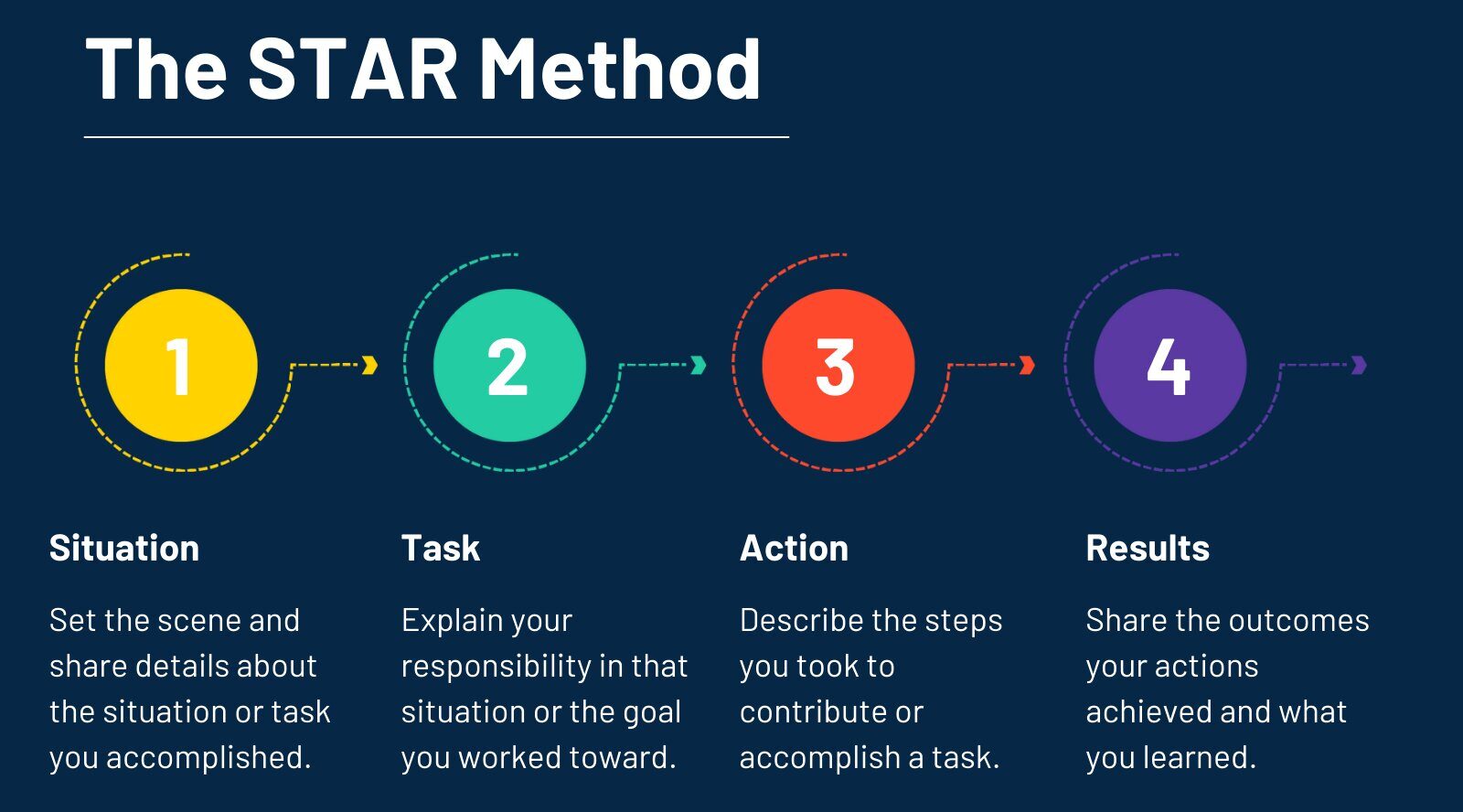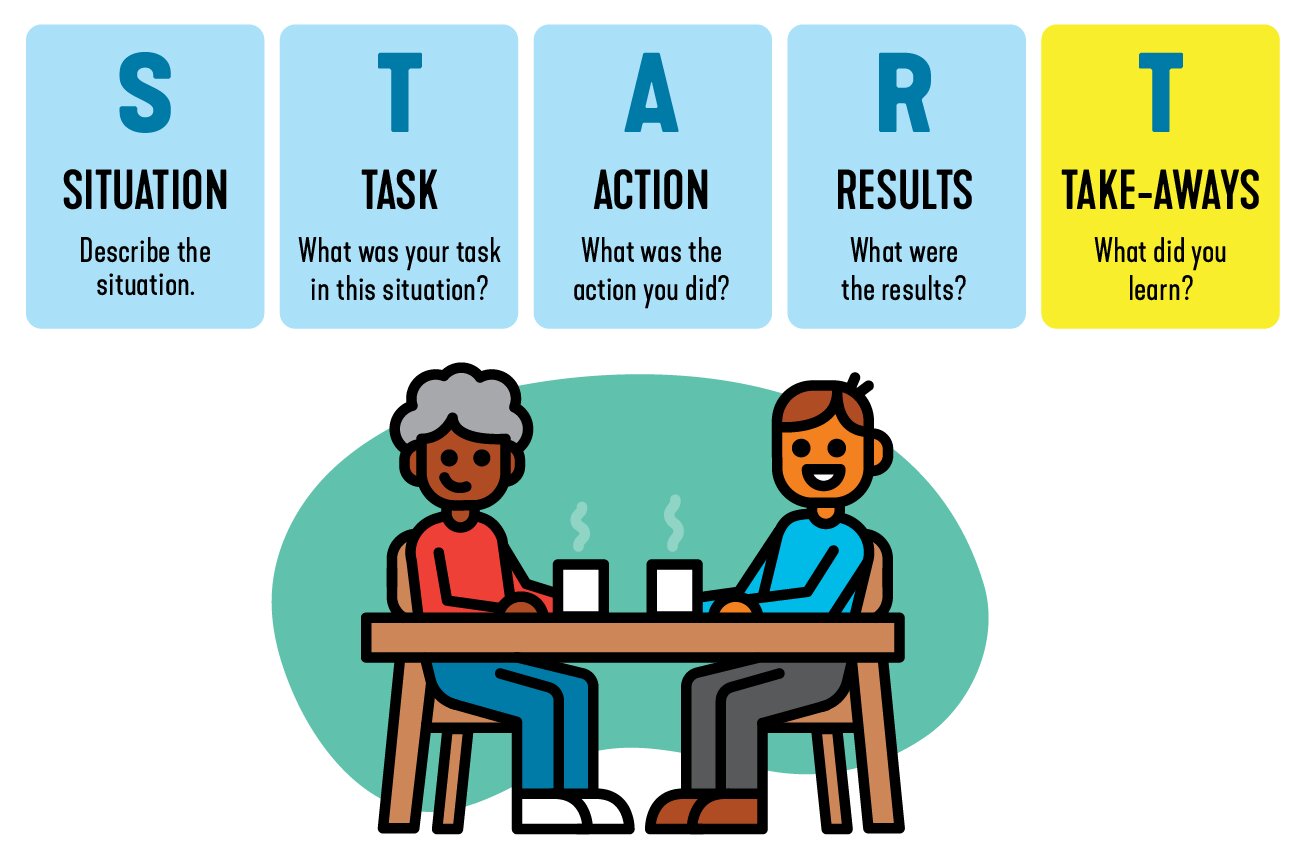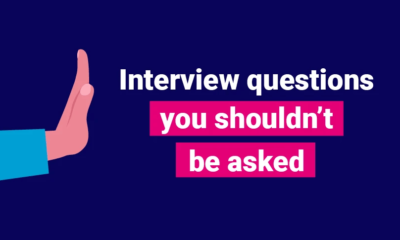Career Tips
Understanding Behavioral Interview Questions And How to Answer Them

Your job interview was confirmed. You feel confident answering questions about your skills and experience as you prepare. You doubt behavioral interview questions.
What are behavioral interview questions? Employers ask them to learn more about your thinking and actions in various situations.
Answers should reveal problem-solving abilities. How should you prepare for behavioral interview questions?
Develop some compelling stories
Some behavioral interview questions ask about a difficult work scenario. Before your job interview, identify several workplace challenges and how you resolved them.
Write short stories on workplace issues you’ve solved. Give examples of times you overcame challenges, handled crises, or boosted workplace collaboration. Consider how open you are to new ideas, how good you are at finding common ground, and what experiences you might use to solve complex situations.
Let’s say the hiring manager asks you, “When you’ve strongly disagreed with members of your team, how did you communicate those feelings?”
Find a positive example of a conflict with a manager or coworker to answer this question. Maybe the disagreement helped you solve a problem or gain efficiency. Share your thought process and how you properly articulated your fears and thoughts, but emphasis on the positive outcome.
Prepare for behavioral interview questions
Hiring managers want to learn about your real-life work experiences because they’re looking for clues about how you’ll behave in the future.
Another typical behavioral interview question would be something like, “Tell me about a time when you set an ambitious goal at work and met your objective.”
Discuss a measurable, time-bound corporate goal. Did you finish a big project quickly, boost website traffic, minimize department costs, or hit sales goals? Discuss your strategy and tactics. Always quantify your success using numbers.
On the other side, you might get this behavioral interview question: “Can you describe a time when you failed to achieve a goal?”
This is your chance to share a work error that taught you something. Instead of a major weakness, explain a difficult occasion where you failed. In hindsight or based on the lesson learned, your answer will focus on what you would have done.
Other frequent behavioral interview questions include:
- Describe a situation where you found yourself outside your comfort zone.
- Give me an example of a time when you had to explain something complex to a client, customer or coworker.
- Have you ever convinced a manager to change direction on a project? How did you do it?
- Tell me about a time when you had to make an unpopular decision.
- Describe a time when you missed a deadline. What did you do?
Practice thinking on your feet
Here is a sample situational interview question: “How would you respond to a client who insisted you made an error?”
Other behavioral interview questions cover potential situations. They are “what if” scenarios in which you have no past experience to call on.
If you’ve never considered them, situational interview questions can be tricky. If so, you will have to improvise. Problem, solution, benefit when describing hypothetical actions.
Whether you made a mistake or not, the key is to focus on the resolution. The interviewer wants to know how you would handle conflict. Instead of pointing the finger at others, discuss how you would address the complaint, outlining the steps you’d take to diffuse the situation.
Another question might be: “How would you cope with being assigned a project for which you lacked the skills or knowledge to complete?”
An excellent response should show your initiative, ingenuity, and will to succeed. This could include requesting business training, locating a qualified coworker, or methodically acquiring the information required to perform the project. Simply put, your reaction should portray a positive, innovative attitude.
Consider situational interview questions
Following are some sample questions to practice answering. Even if you’re not asked these specific ones, you can train your brain to formulate responses to situational queries.
- What would you do if you were asked to partner on a project with a colleague who has a drastically different work style?
- If you had to undertake multiple projects with tight deadlines, how would you stay on track?
- If a manager wasn’t satisfied with the work you turned in, how would you respond?
Final words of advice before the interview
Use intriguing stories (anecdotes) and don’t memorize your lines. Recite your tales. Consider recording them. Ask a friend or family member to listen and improve your speech.
STAR—Situation, Task, Action, and Results—is a way for addressing interview questions. That lets you answer when, where, what, and how and state the results without rambling.

Examples of Behavioral Questions
Situational interview questions.
- Tell me about a time you had to change your behavior to get things done in an organization or project.
- Describe a situation where you helped someone else to become a better professional.
- Tell me what you did to become a better professional last year.

Conclusion: Don’t view behavioral interview questions as traps. Use them to demonstrate your wisdom, experience, and critical thinking.


















